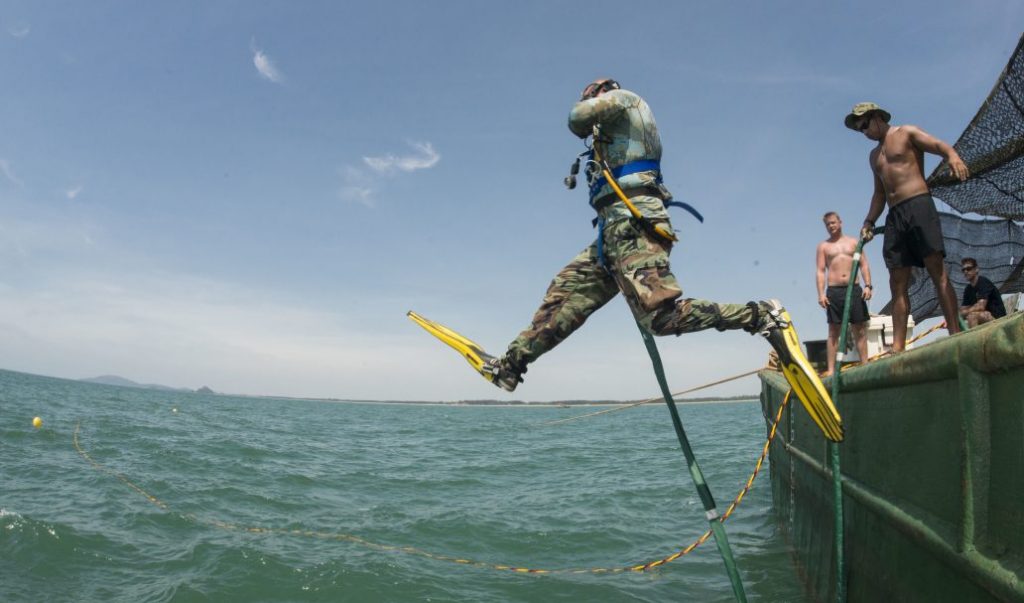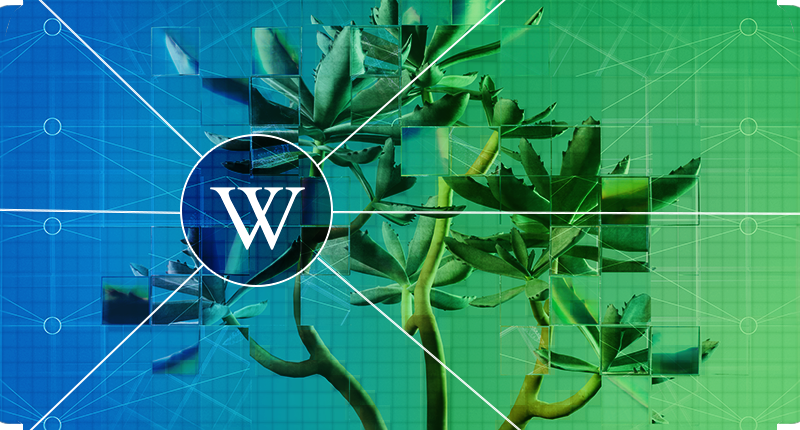On Thursday, July 12th at 2:00pm Eastern Time, Wikimedia Foundation staffers Melody Kramer and Ed Erhart, who are both on the Communications team, will be leading a Poynter Institute NewsU webinar to help journalists around the world better understand Wikipedia. (Editor’s note: This course is now a permanent dead link. It was located at poynter.org/courses/wikipedia/.)
We wanted to share the links and resources we’ll mention in the presentation, both to help journalists share the information with their newsrooms—and to help anyone who would like to know more about Wikipedia, and what you can and can’t do on it.
Some basic facts
- People around the world visit Wikimedia sites 15,000,000,000 each month, or 6,000 visits every second, every second of the day. It’s the fifth largest website in the world, according to Alexa.
- More than 200,000 contributors worldwide volunteer each month to make Wikipedia better, through editing, translation, coding—all of the code is open source—fixing bugs, or a number of other ways to get involved.
- And there are nearly 300 language editions of Wikipedia, spanning everything from Адыгэбзэ to Žemaitėška.
Using Wikipedia as a source
A common question we often get is “Should I cite Wikipedia directly as a source?” The answer to that is a resounding no. Wikipedia is a resource, and is incredibly useful in conjunction with other resources. But like any other tertiary source, Wikipedia can introduce you to a topic. We’d advise that you follow the citations listed at the bottom of most articles and cite them instead. Still, if you have to cite a Wikipedia article, use a “permanent link,” available in the left sidebar on the desktop site, so that your readers will be reading the same version of the article as you did.
How can I trust Wikipedia if anyone can edit?
While there is vandalism on Wikipedia, it is often reverted incredibly quickly—most of the time within minutes. There are AI tools in place that help editors determine whether information is biased or not.
The jargon: notability, conflict of interest, paid editing
- Notability: Wikipedia articles cover notable topics, which are things that have gained enough attention by having a variety of reliable sources.
- Conflict of interest: This means you are strongly discouraged against editing pages about things with which you are connected with in some official capacity. This includes people and organizations.
- Paid editors: People can get paid by someone to edit Wikipedia, but are generally discouraged from doing so. If someone does get paid to edit, they are subject to several restrictions and have to disclose all of the relevant information—funders, clients, your employer, etc—publicly.
What should you do if you’d like an update to a page about you or your organization?
- Create an account, which hides your IP address and allows editors to send you notifications.
- Find the article’s “Talk” page, and post your message there. You’ll want to include a few things:
- Citations from reliable sources that support your new information
- “{{Helpme}},” with those brackets, so it is flagged for attention from volunteer Wikipedia editors.
- A signature at the end of your message by typing four tildes (“~~~~”). Yes, it’s strange.
- Be prepared to discuss your proposed changes.
What should you do if you’d like a new article about your organization?
- Look at Wikipedia’s extremely detailed notability policy for organizations by typing “WP:ORGCRIT” into the search bar. Your organization might not be notable.
- If it is notable, read Wikipedia’s FAQ for organizations very carefully. While you can create an article for your organization, it’s heavily discouraged; we would recommend that you wait for Wikipedia editors to create the page instead. Still, if you’re determined, you should go through the article “wizard.” Please make sure that you’ve disclosed your relationship with your employer on your personal user page, and that your writing and edits:
- Are neutral, and covering both the good and the bad of an organization’s history
- Are original content
- And cite independent reliable sources, especially ones that establish your outlet’s notability.
- Last, don’t be afraid to model the page off of similar Wikipedia articles, using them for ideas on what to include, how to format citations, and more.
Using Wikipedia as a resource
- Click on the “history” tab on any page to see who has edited Wikipedia and what changes are made. You can use these pages to visualize and examine every edit ever made on Wikipedia. Caveat: privacy is important, and you don’t have to have an account to edit Wikipedia.
- We make all of our page view data public. You can see what material is resonating or trending across languages—and there’s an API and IFTTT rule for that as well. You can find what resonates with people across the world, and potentially localize it for your location.
- We also make our traffic data public, so you can learn things about browser and device trends—which may be helpful if you’re thinking about new markets.
- Our research team routinely releases data sets that are useful for training bots on how humans write and talk.
- Our translation tools are open source. Over 300,000 articles have been translated using our translation tools.
- You can dive deeper into Wikipedia-related subjects on Meta-Wiki and talk pages.
Melody Kramer, Senior Audience Development Manager, Communications
Ed Erhart, Senior Editorial Associate, Communications
Wikimedia Foundation



